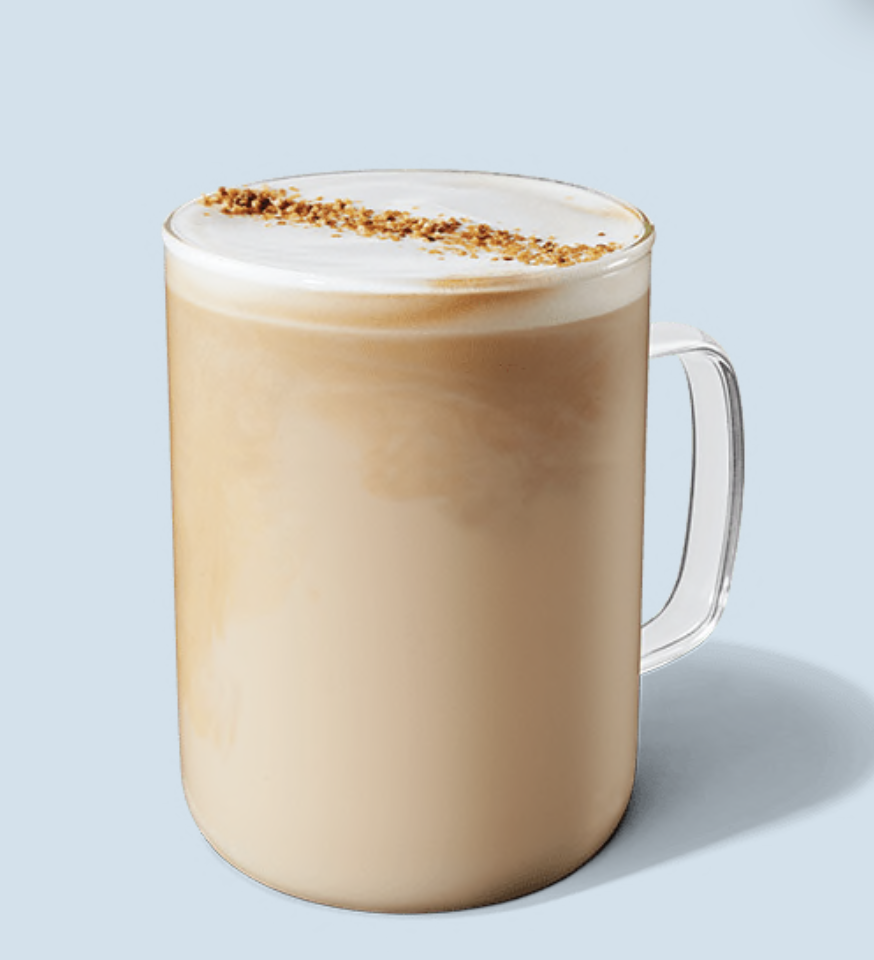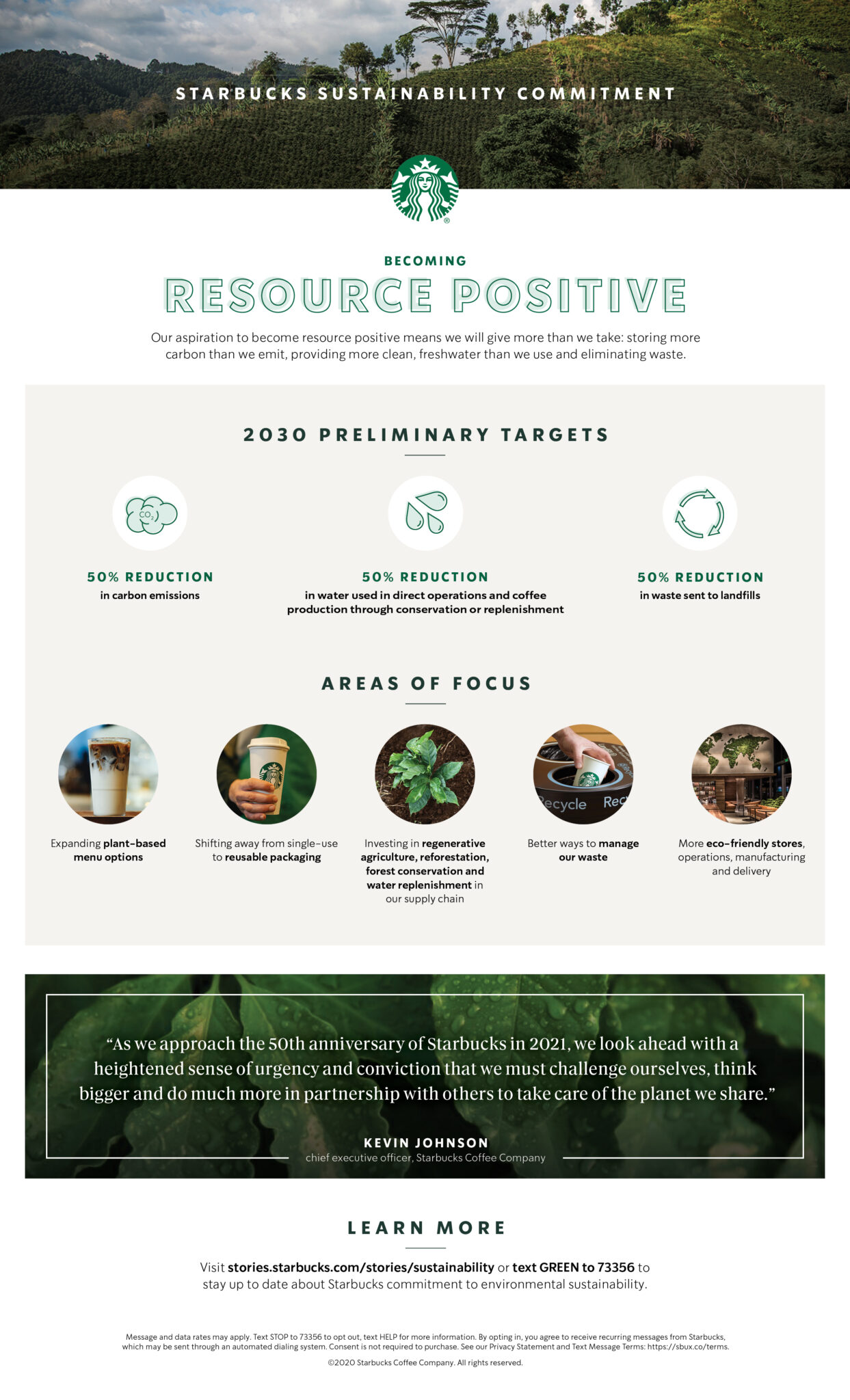Breaking! Starbucks Announces 30-Year Commitment To ‘Go Green’ By Offering More Plant-Based Options
Starbucks’ Chief Executive Officer, Kevin Johnson, announced today a multi-decade commitment to be a resource-positive company, that gives more than it takes from the planet.
One way to achieve this is to encourage Starbucks consumers to order their drinks with non-dairy alternatives such as milk made from soy, coconuts, oats, and almonds.

Coconut milk latte
As per Bloomberg, Starbucks is also testing new drinks made with plant-based ingredients and is exploring ways to make whipped cream without nitrous oxide, a greenhouse gas.
Today’s announcement also includes science-based preliminary targets for the reduction of carbon emissions, water use, and waste by 2030.
 The announcement also outlines five strategies Starbucks has identified to move toward a greener future:
The announcement also outlines five strategies Starbucks has identified to move toward a greener future:
-
Expanding plant-based options, migrating toward a more environmentally friendly menu.
-
Shifting from single-use to reusable packaging.
-
Investing in innovative and regenerative agricultural practices, reforestation, forest conservation, and water replenishment.
-
Investing in better ways to manage waste, both in Starbucks stores, and in its communities, to ensure more recycling and elimination of food waste.
-
Innovating to develop more eco-friendly stores, operations, manufacturing, and delivery.
There are three preliminary targets for 2030:
-
A 50% reduction in carbon emissions in Starbucks’ direct operations and supply chain.
-
50% water withdrawal for direct operations. Coffee production will be conserved or replenished with a focus on communities and basins with high water risk.
-
A 50% reduction in waste sent to landfills from stores and manufacturing plants, driven by a broader shift toward a circular economy.
“Starbucks commitment to sustainability has been a meaningful way for our partners to engage and support their communities and neighborhoods. With today’s announcement, we are even more energized to have science-based strategies to guide us in setting priorities and accelerating this work,” said Ray Silverstein, Vice President of Store Development at Starbucks, and the sponsor of Partners for Sustainability, in a statement. “Whether it is reducing our environmental footprint in our stores, in our supply chain, or through our ability to connect with our communities, we will have new ways to focus our efforts to make the greatest impact.”
On Starbucks 50th Anniversary in 2021, the company will formalize its 2030 environmental goals based on learnings between now and then.
 The announcement also outlines five strategies Starbucks has identified to move toward a greener future:
The announcement also outlines five strategies Starbucks has identified to move toward a greener future:


